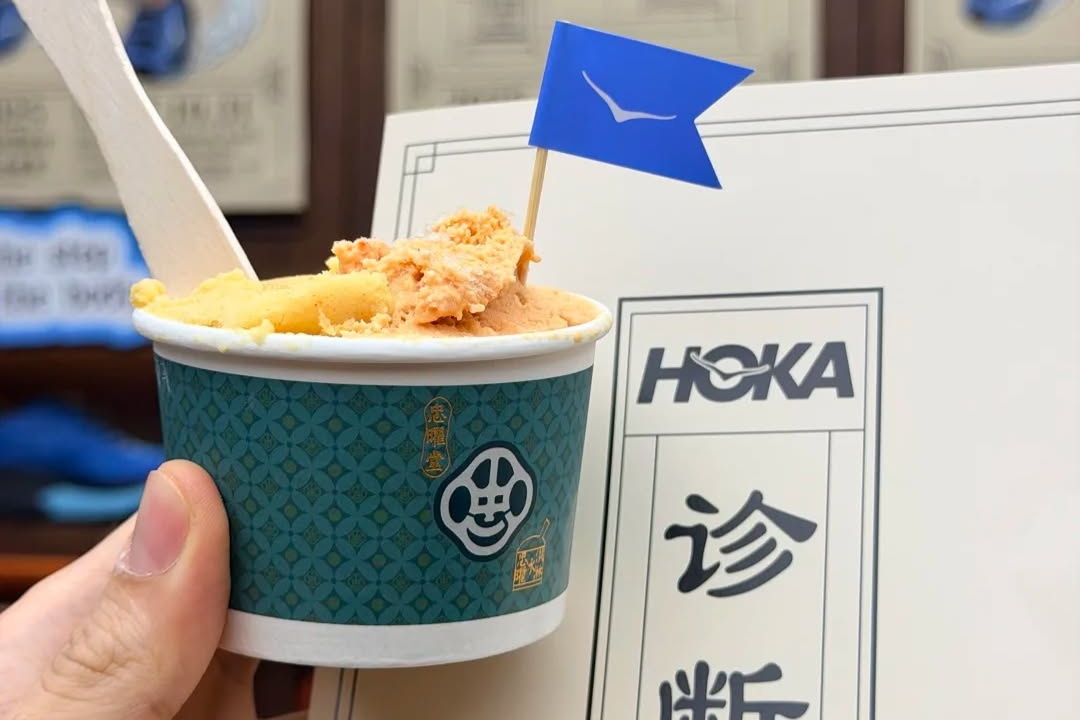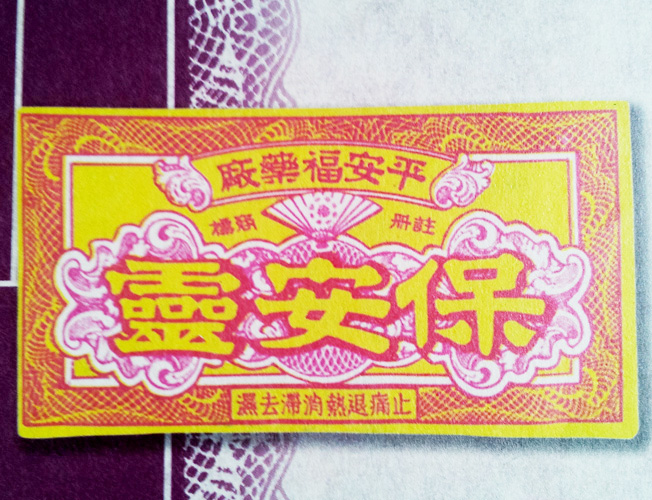On a busy stretch of Petaling Street sits Kien Fatt Medical Store, one of Kuala Lumpur’s oldest traditional Chinese medicine shops. Established in 1942, the third-generation business has seen the city change around it, from the early post-war years to the age of TikTok trends and the modernization of the neighborhood it lives in. On the front, a signboard with four languages—Malay, Jawi, Chinese, and English—ushers in regulars and curious travelers. Inside, shelves of wooden drawers filled with herbs and roots reflect a practice that hasn’t changed much in 80 years.
These family-run traditional Chinese medicine (TCM) shops were once common in KL’s older neighborhoods. Today, they’re increasingly rare as people turn to science, Western medicine, or quick online remedies. Yet Kien Fatt remains, quietly serving regulars and curious newcomers alike.
From Migrants to Medicine
Traditional Chinese medicine came to then-Malaya with early Chinese migrants who brought herbal knowledge and forms of alternative wellness from their hometowns. Before public healthcare was widespread, TCM halls like Kien Fatt filled a crucial gap, offering affordable care rooted in balance and prevention.
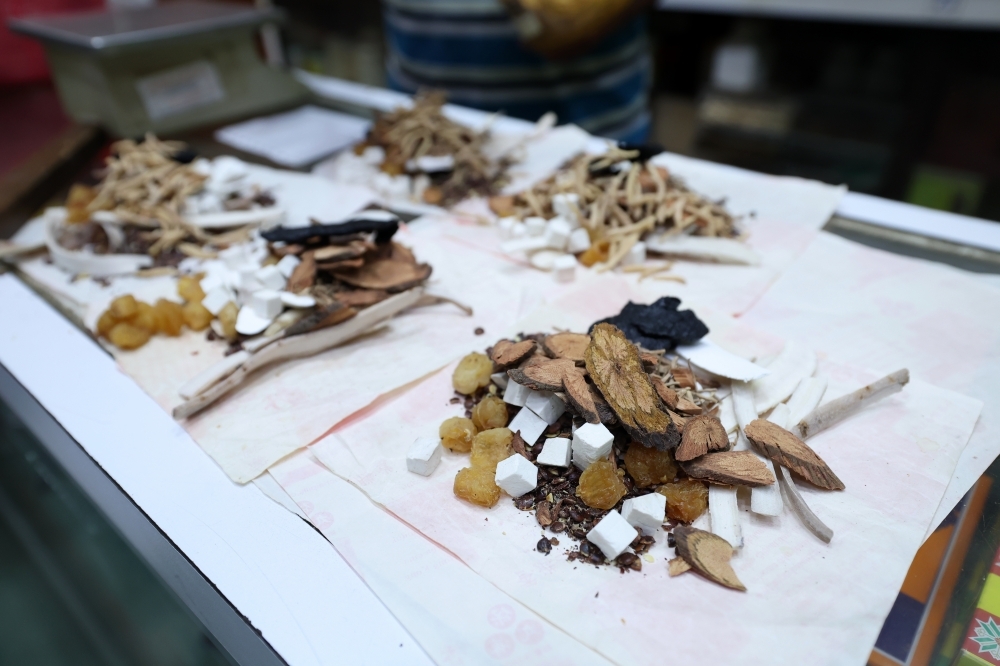
The tradition still holds a place in Malaysian life. Around 44.9% of Malaysians still seek TCM treatments, according to the Ministry of Health, and the field is formally regulated under the Traditional &Complementary Medicine Act 2016. But for small operators, it’s a constant balancing act between preserving heritage, remaining profitable, and staying relevant.
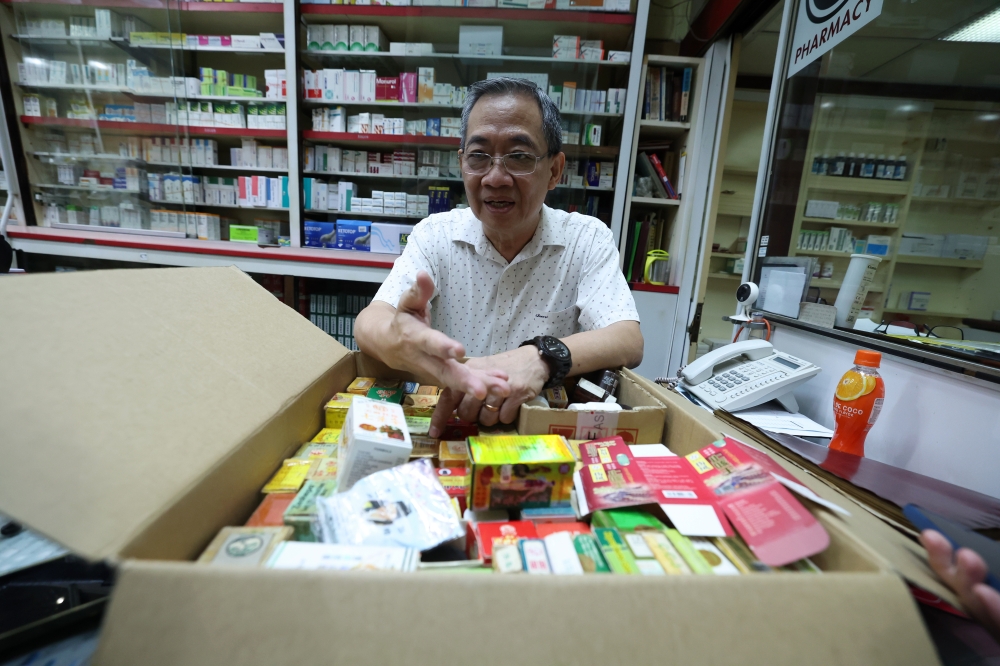
“If I can serve, why not? If I can help, I will help,” says Ng Chee Yat, the third-generation custodian of the shop, in an interview. “I try to solve the health problems of those who have little money. We are very community-based here and have a good mix of Chinese, Indian, and Malay customers.”
A Personal Calling
Unlike modern pharmacies, TCM shops rarely grow into chains. They rely on personal trust, relationships with customers, and decades of experience. For Ng, that’s what makes the trade meaningful, even if it doesn’t make him rich. “This kind of business is unsustainable,” he admits. “There is a personal focus to it, and one cannot expand like the other modern pharmacies. So, for now, we will only do whatever we can to survive.”
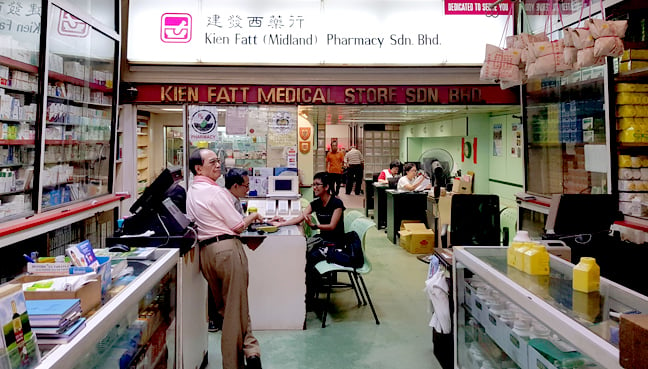
Prices of imported herbs have gone up, and younger customers often prefer supplements or wellness products with personalized marketing. Still, Ng continues. “I don’t earn much,” he says. “But I sleep well.”
Passing the Torch
That sense of duty now extends to his daughter, Vanessa Ng Min Yi, the shop’s fourth generation. She’s helping Kien Fatt adapt to new times by expanding its presence online and even running a night market stall in Desa Sri Hartamas, an affluent suburb on the outskirts of Kuala Lumpur.
“Demand for Chinese traditional herbs in our shop is encouraging,” she told Malay Mail. “Some chefs seek new ingredients to experiment with. So, they will come here and look for nice herbs.”
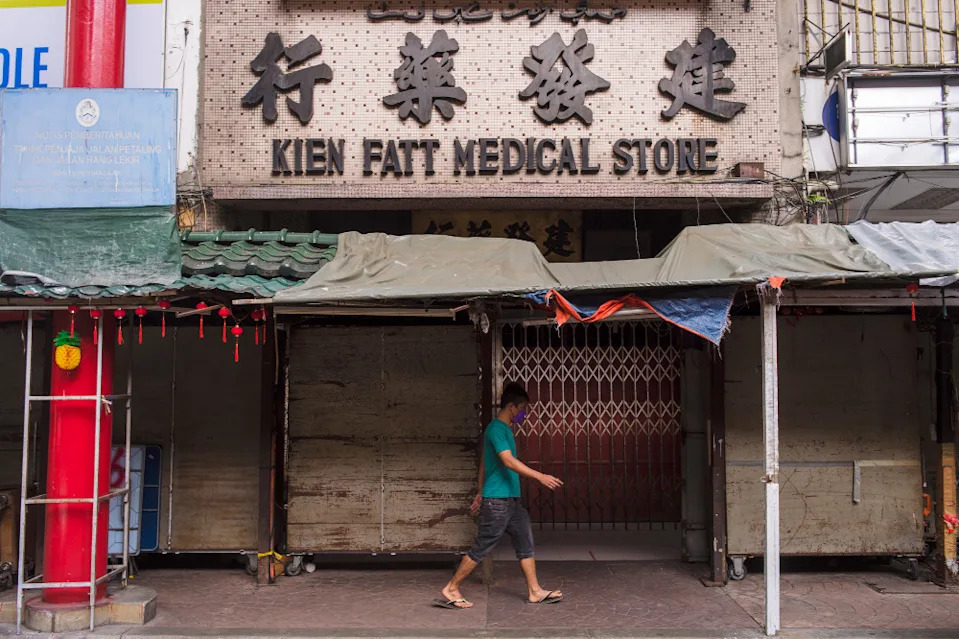
Her father believes she’s up for it. “She can. She has to develop her personality and let the people around her get to know her.”
Through Vanessa, Kien Fatt has found a small but steady following among younger Malaysians. Some drop by for herbal teas, others for ingredients they’ve seen online. It’s not wanting to change conventions or how folks currently view medicine, but rather offering a sustainable way for traditional medicine to flourish in the modern era.
The Modern Wellness Shift
There’s been more interest in TCM as of late, but through a different lens. Younger Malaysians are drawn to its “natural” image and preventative philosophy, which are ideas that often fit well within the global wellness trend. That makes places like Kien Fatt stand out. There’s no glossy packaging or influencer marketing here, just handwritten prescriptions and long-term trust. And its appeal has broadened beyond the Chinese community. “We have a good mix of Chinese, Indian, and Malay customers,” Ng says.
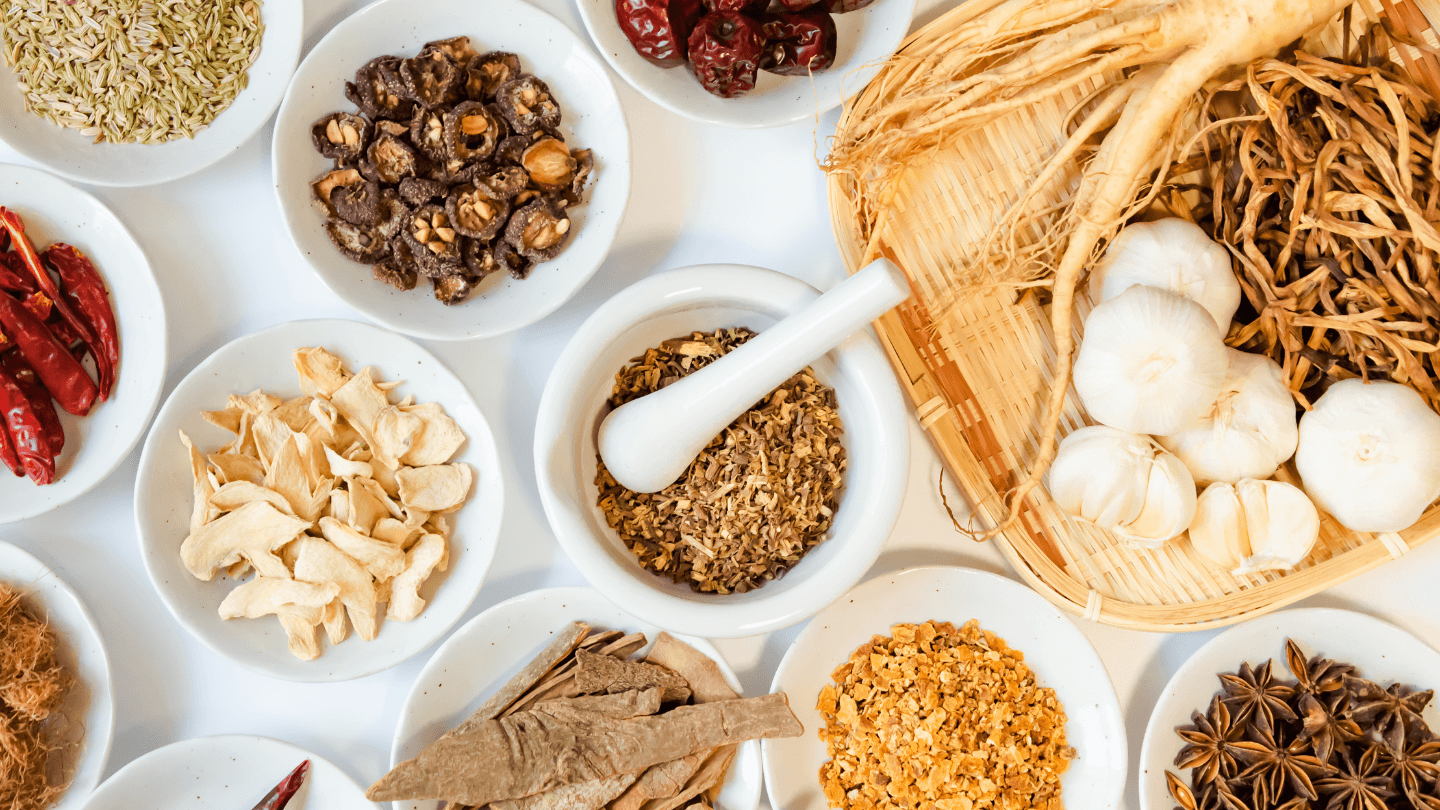
Even the government has recognized TCM’s growing relevance. “Herbal products with strong evidence have the potential to be used as treatment options other than conventional medicine,” said former Health Minister Dr Zaliha Mustafa in 2023. For small family businesses like Kien Fatt, that acknowledgment provides a rare sense of validation.
Enduring Roots
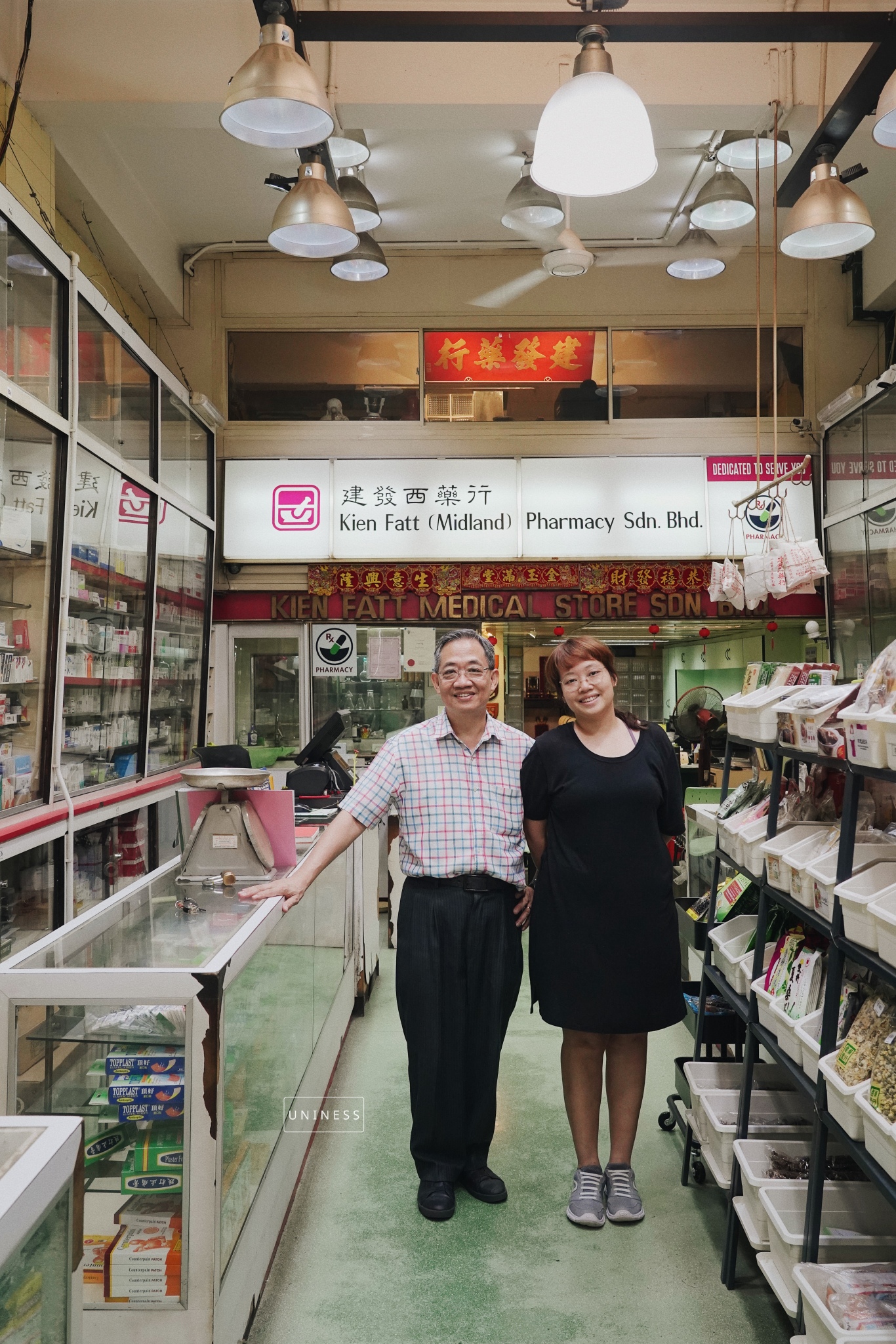
Like the many Chinese restaurants still standing today despite decades of toiling, Kien Fatt’s story is one of persistence; of how family-run shops survive not by expansion, but by staying grounded in the communities they serve. The shop’s worn wooden drawers and faint herbal scent may seem relics of the past, but they represent something enduring through generations rooted in Chinese culture: care, consistency, and hard work.
If you’re thinking of paying Kian Fatt Medical Store a visit, or simply want to explore around Kuala Lumpur, here’s a link that helps with both highlighting and booking activities around the city.
Cover image via Time Out.




